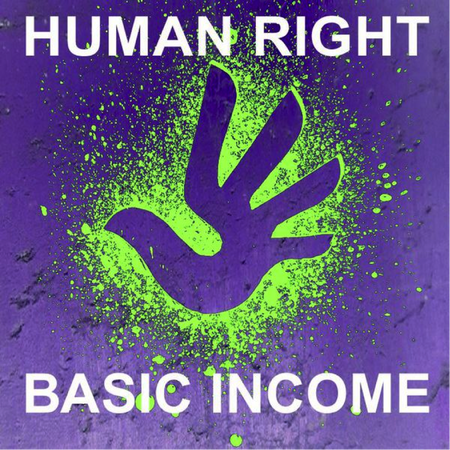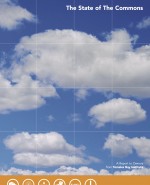Medium, June 9, 2016
LAST SUNDAY, Swiss voters defeated a ballot initiative that would have required their government to pay every Swiss citizen $2,500 a month, no questions asked. That electoral setback is far from a death knell for basic income in Europe, however. In Finland, the center-right government is testing a plan that could pay all Finns about $870 a month. In Britain, the Netherlands and elsewhere, politicians are discussing similar schemes, and popular interest is spreading.
But America isn’t Europe, and whatever the odds of basic income taking hold there, they’re a lot lower here. Most European countries already have generous welfare states, with no shame or stigma attached to them. There, basic income is viewed as a way to simplify, not expand, the existing welfare state. Cut out the bureaucrats and the qualifying tests, and just give everyone cash to use as they wish.
 The situation is quite different in the United States. Here, efforts over the years to build a welfare state have consistently been thwarted by America’s preference for individual self-reliance, distaste for government, and racism. The result is a safety net so stingy and hard to navigate that many who are eligible don’t even bother. To shift from that to a basic income for everyone would be an extraordinary leap, the mere thought of which pushes two potent American hot buttons: (1) fear that our work ethic will be undermined, and (2) dread that our taxes will soar.
The situation is quite different in the United States. Here, efforts over the years to build a welfare state have consistently been thwarted by America’s preference for individual self-reliance, distaste for government, and racism. The result is a safety net so stingy and hard to navigate that many who are eligible don’t even bother. To shift from that to a basic income for everyone would be an extraordinary leap, the mere thought of which pushes two potent American hot buttons: (1) fear that our work ethic will be undermined, and (2) dread that our taxes will soar.
Great Transition Initiative, August 2015
Common wealth trusts can perform two crucial functions that corporations and government can’t: administer a serious sustainability budget and provide legitimate income to everyone.
Yes! Magazine, Winter 2015
With one exception, Americans have been unable to agree on any plan that guarantees some income to everyone. The reasons lie mostly in the stories that surround such income. Is it welfare? Is it redistribution? Does it require higher taxes and bigger government? Americans think dimly of all these things. But then, there’s the exception: Alaska.
Schumacher Center for New Economics, Great Barrington, Massachusetts, July 2014
IN THIS NEW ERA, our economy must do two things it doesn’t do now: operate in harmony with nature and provide adequate income for all. The best way to achieve these goals — that is, the way that requires the least involvement of government — is to “propertize” some pieces of common wealth and share the income from that wealth equally.
Speech to the Council of Georgist Organizations, Los Angeles, July 11, 2014
I BELIEVE that the remedy proposed by followers of Henry George should shift from taxing rent to recycling it. To put it another way, I think Georgists should be Paineists. The reason is that money sent to government doesn’t necessarily improve the lot of those being crushed by extractive rent. But money returned as dividends does.
www.dividendsforall.org, Sept. 9, 2014
Taxing the rich doesn’t boost the incomes of the middle class or the poor. A better solution is to pay everyone equal dividends from co-owned wealth, as Alaska does with its Permanent Fund.
OnTheCommons.org, 2003

ALL AMERICANS are joint owners of a trove of hidden assets. These assets — natural gifts like air and water, and social creations like science and the Internet — constitute our shared inheritance. The trouble is, our common wealth — and our children’s — is being squandered.
State of the Commons 2003
The New Republic, June 14, 1975
NOT LONG AGO a West Coast bank president mentioned to me that a piece of land he had purchased along- side a new state highway had doubled in value in a few years. His windfall is an example of what John Stuart Mill called the “unearned increment.”
The New Republic, August 21, 1971
FOR THE PAST year and a half I’ve been living on an old dairy ranch about fifty miles north of San Francisco. Not long ago, while I was walking with a female friend near my ranch, two armed Rangers stopped to ask who I was and where I was going.
The New Republic, April 13, 1974
LIKE SOME 25 MILLION Americans, I pay monthly tribute to an absentee landlord for the privilege of having a roof over my head. A good-sized portion of that is profit for banks, insurance companies, real estate agents and present and past landlords. Why?


 Free distribution with attribution
Free distribution with attribution